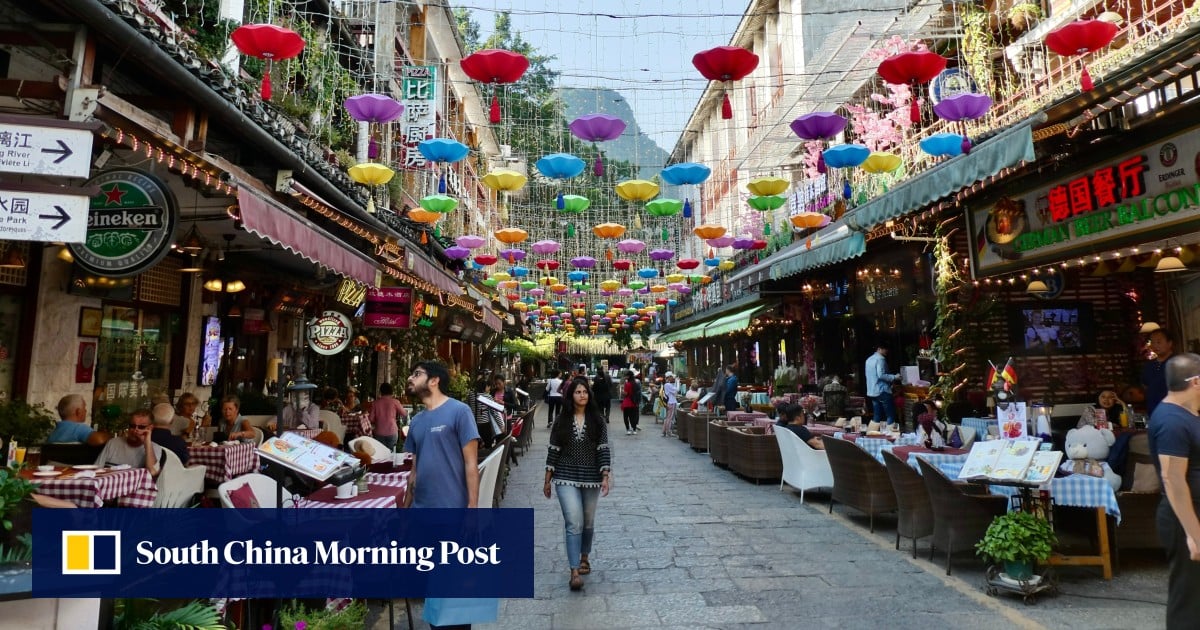“I’d guess that over 50 per cent of establishments along West Street were foreign-run when I first showed up,” says Scott Spencer, who visited in 2002 but settled in 2003, during the 2002-04 Sars outbreak, a precursor to the Covid-19 pandemic.
It was during that first lockdown period that Spencer “hatched a plan to get people cycling in China” by founding his tour company, Bike Asia. In the autumn of 2023, the company led its first cycling tour for inbound tourists since Covid-19 restrictions were lifted.
“Things have come full circle,” the Australian says of the virus outbreaks that have bookended his 20 years in southern China.
How hotels letting guests ‘check in and out whenever’ are breaking the mould
How hotels letting guests ‘check in and out whenever’ are breaking the mould
He has witnessed a town transformed as domestic tourism bloomed in tandem with the country’s rapid economic rise, and Yangshuo grew from being a sleepy nowheresville to a neon-lit holiday hotspot.
West Street is now lined by the gentrified facades of themed hotels and the town has a Starbucks, a McDonald’s and ubiquitous e-bike rental shops. Since 2014, a high-speed railway has connected Yangshuo with Guangzhou, the journey taking less than five hours.
It’s a far cry from the turn-of-the-century rustic township where foreigners and farmers lived cheek by jowl, Daccord says, where “you had to go to the convenience store to make a phone call” and where there was only “one bar in town with TV to gather and watch big events like the 2002 [football] World Cup”.
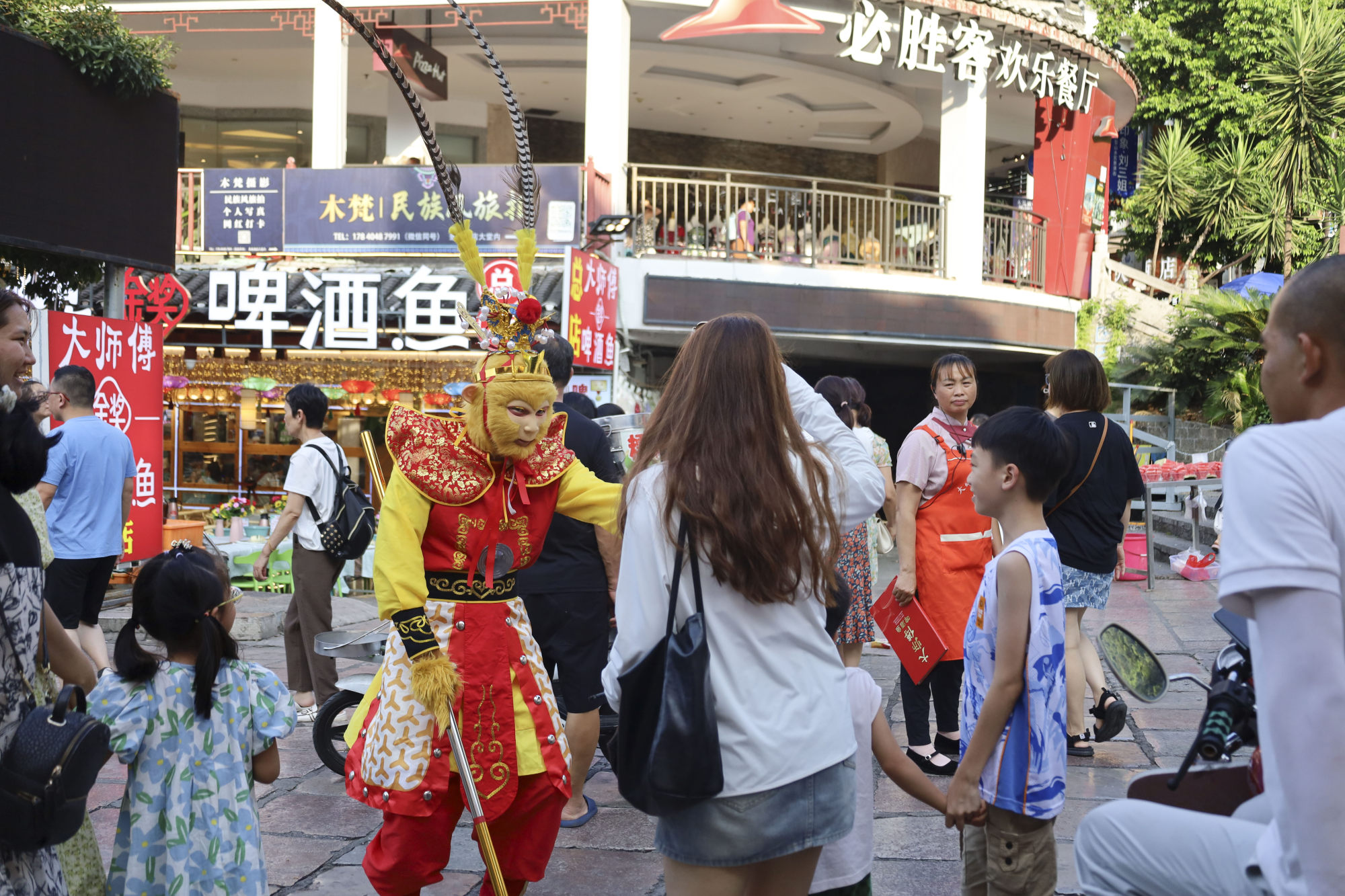
“The rhythm was determined by trains that arrived from the north, and the sleeper buses from Shenzhen and Guangzhou that pulled in in the early morning. We were usually still awake drinking beer by the river when the backpackers arrived.”
My first visit to Yangshuo was in 2005, when it was still small and remote enough to be considered a travellers’ outpost, one connected to civilisation by a harrowing night bus.
The all-night ordeal was rewarded with a beautiful sunrise over the Li River followed by an approximation of a Western breakfast – a rare treat outside China’s first-tier cities in those days.
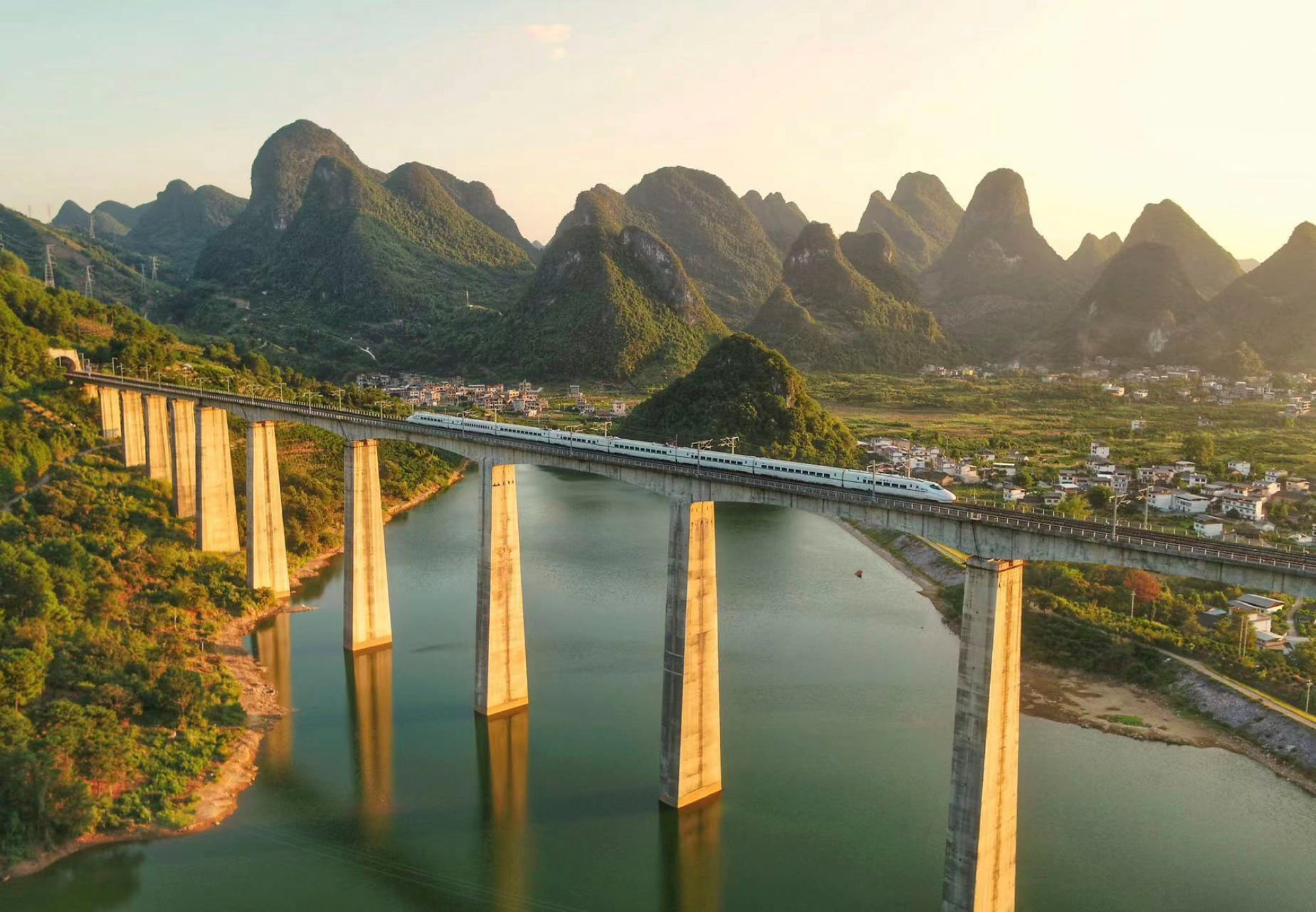
I’ve been back many times since, and have witnessed Yangshuo’s evolution from what Lonely Planet once dubbed “China’s backpacker mecca” into an ever-expanding cluster of restaurants serving beer fish (a Yangshuo speciality) and cabaret bars.
Yet, even though development had been rash, Yangshuo’s international foundation stones had not been smashed entirely before Covid struck.
This year, though, Yangren Jie (“Foreigner Street”, the colloquial term for West Street) appears to have fully succumbed to the mass-market tourist yuan.
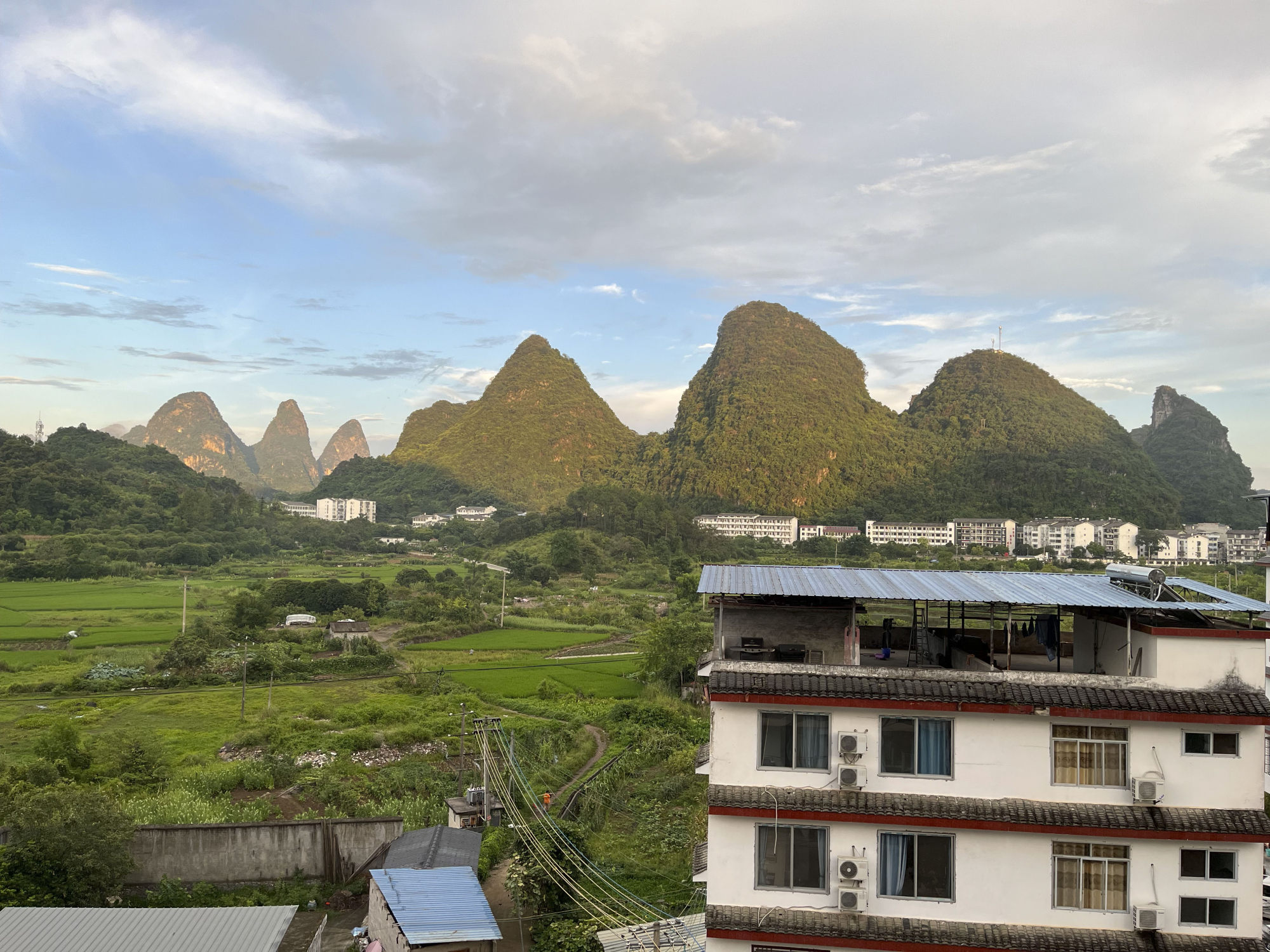
As I push my way through the hoard, past snack vendors and street performers, I search for something recognisable, and eventually find Daccord’s old bar.
The name and venue have survived but missing are the languid French hippies watching knock-off DVDs upstairs, as well as the barflies from Hong Kong, Taiwan and Japan who hung around conversing in broken English.
Instead, a performer leads a singalong of a Mandopop ballad with an audience of happy-snapping tourists. “Laowai!” (a nickname for foreigners) he calls over the mic as soon as he sees me.
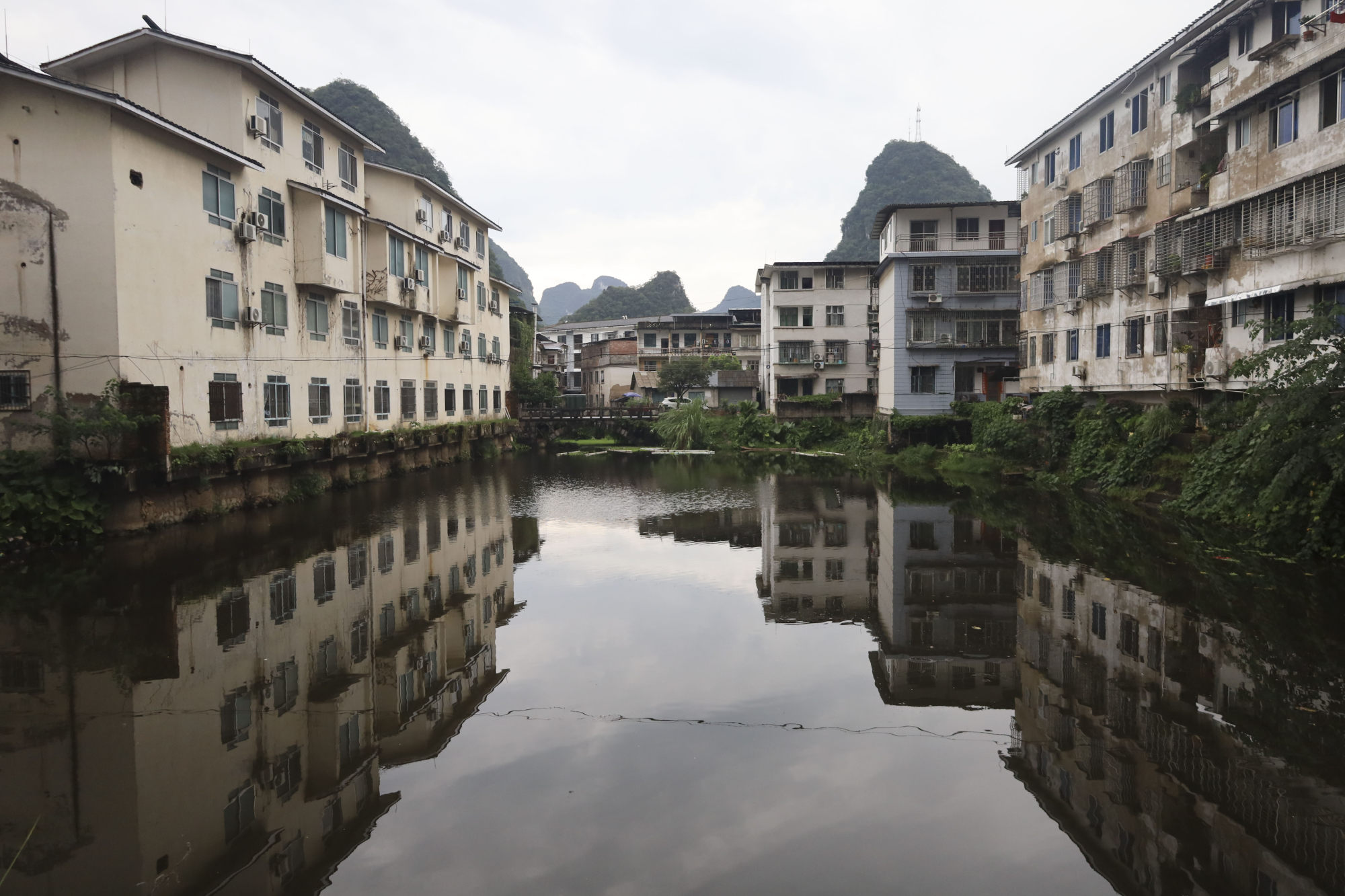
I begin to fear Yangshuo’s metamorphosis into a commercialised circus is complete, the finishing touches applied by pandemic-enforced isolation from the world. But then I discover a few holdouts do still exist, including Demo, a charming riverside venue complete with pub quizzes and live jams, all lubricated by craft beer.
“The pandemic finished off a lot of those old foreigners haunts,” says Yangshuo-born owner Zhou Kunle, before listing the names of stalwarts that have bitten the dust: “Monkey Jane’s, Rusty Boat, DMZ, Bad Panda, the old Mojo…”
Having come of age when travellers first started setting up shop, Zhou witnessed the rise of international Yangshuo.
“I remember coming out of primary school and seeing the minibuses. Almost all of them were full of foreigners. I wondered what they were doing here.”
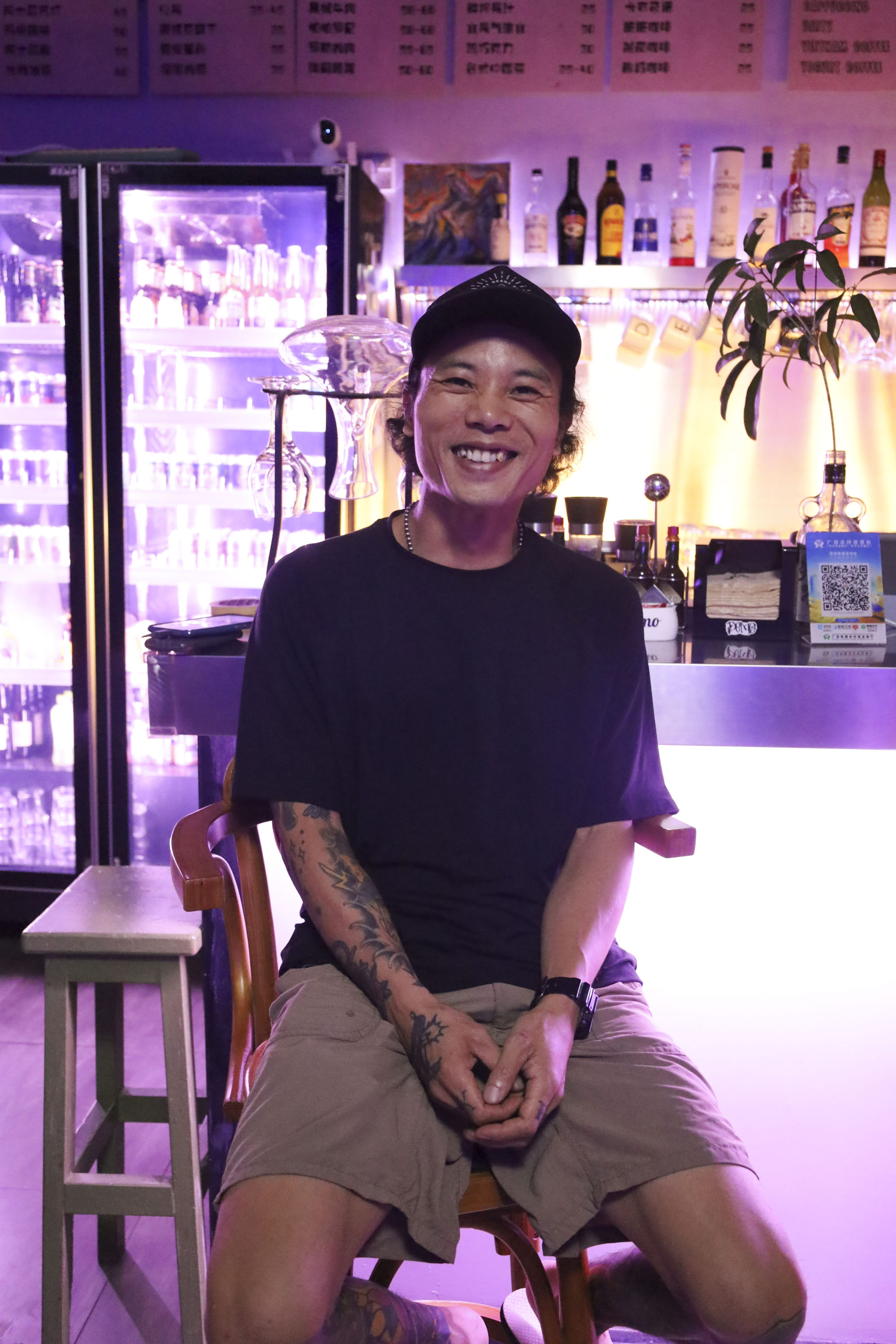
At the age of 15, Zhou was serving his apprenticeship, collecting glasses in bars frequented by foreigners.
“There were rock climbers and a lot of English teachers who stayed in Yangshuo more or less permanently, plus tourists who rolled in from Southeast Asia and elsewhere in China.
“There were about 20 well-known foreign hang-outs. Some were locally run, others foreign operations, but the clientele was definitely dominated by travellers from overseas. They’d be standing in the doorways, drinking and chatting.”
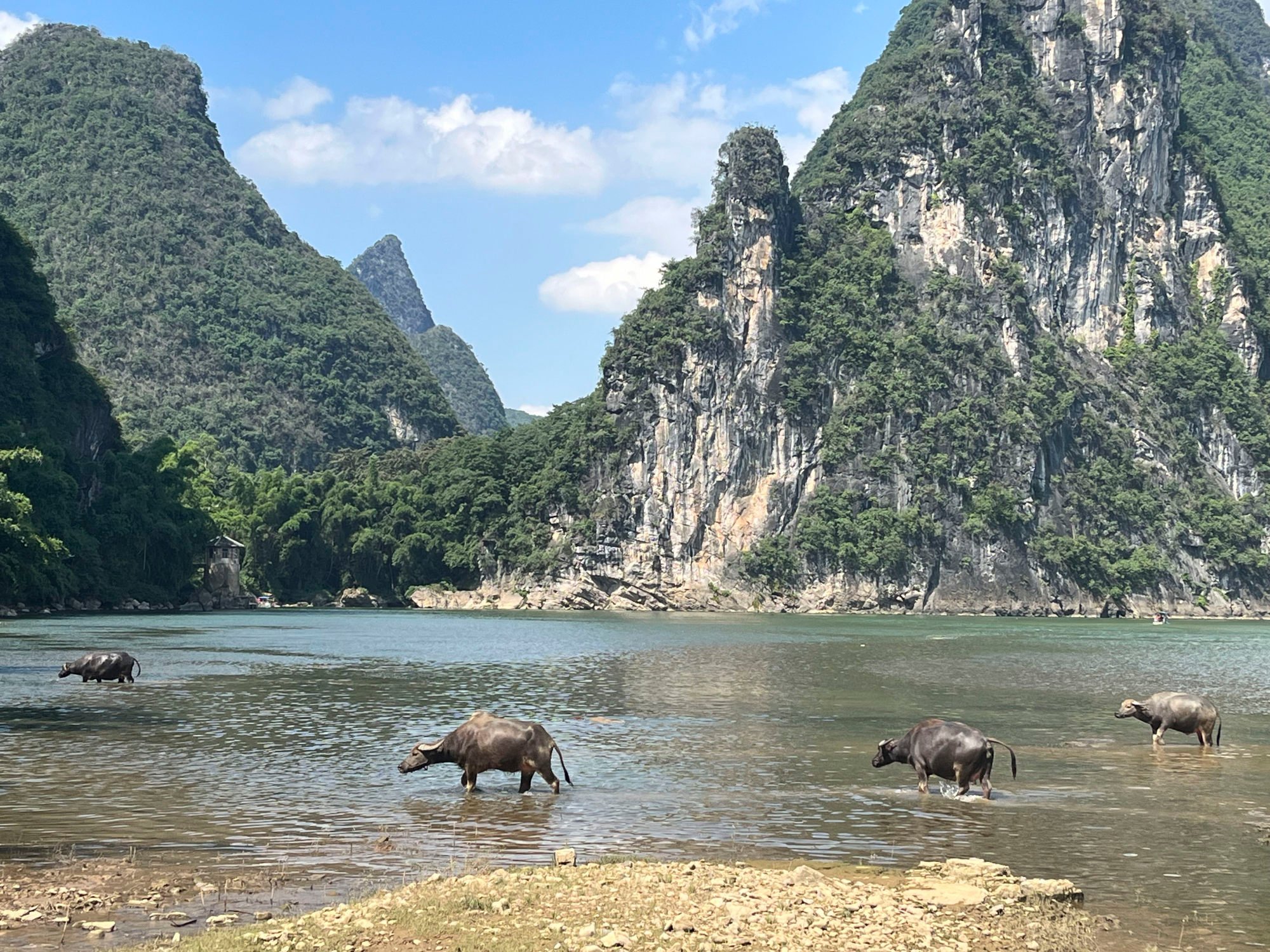
Zhou caught the music bug from his foreign pals.
“Someone gave me a DVD of Nirvana and everything changed. I was soon playing bass in bands. Eventually, I moved onto the drums.”
Except for a brief stint in Beijing in 2006, when he and some friends went to “make it in the music biz”, Zhou has remained a familiar figure in Yangshuo.
“In 2013, after a popular live venue closed, I decided to open my own place.”
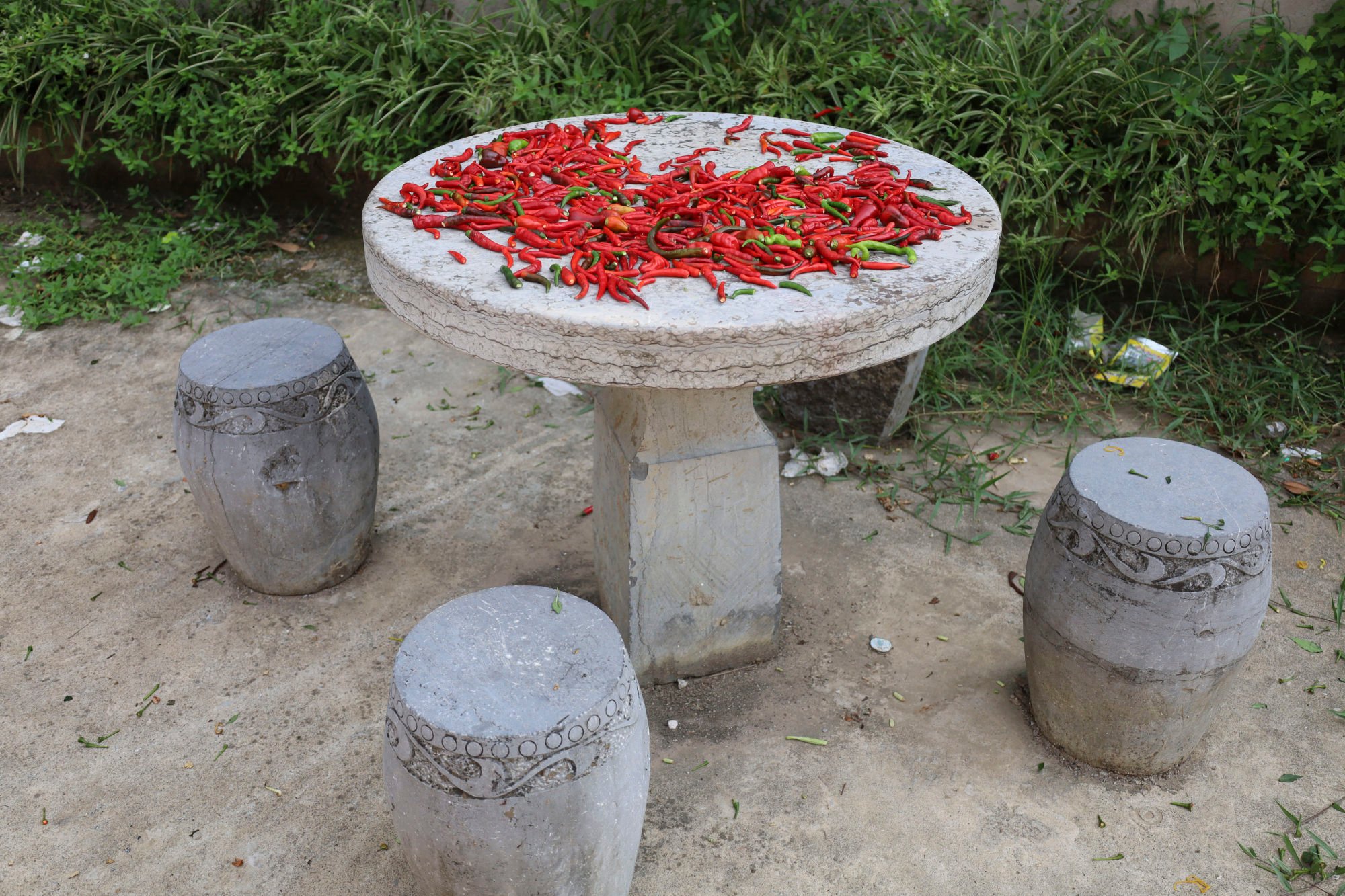
A few years ago, Zhou’s Demo was one of many such bars, but post-pandemic, it is something of a blast from the past for the dwindling community of foreigners that still call Yangshuo home.
“I’ve kept it like the bars I worked in when I was young, as I don’t want Yangshuo to change and become too commercial. In Demo, I’m trying to maintain the real Yangshuo.”
Guangxi province largely remained a “green zone” and foreign tour operators such as Spencer were able to reorient their businesses.
“We rejigged quickly and focused all our efforts on the domestic market. For three years, all the embassy and corporate staff were stuck in China.”

Zhou says a corporate class of foreigners began making their way to his bar.
“I met people working in big companies, the type of people who’d never usually come to Yangshuo.”
But with China officially reopen, and domestic tourists surging through Yangshuo’s streets again, talk among the holdouts in Demo inevitably turns to whether inbound travellers will follow and help rekindle Yangshuo’s, and indeed China’s, international tourism sector.
According to official statistics, mainland China’s tourism industry experienced a 70 per cent slump in international traveller numbers compared with pre-Covid levels during the first half of 2023. And with overseas populations in cities such as Guangzhou and Shanghai visibly diminished, internally based foreign explorers are in short supply as well.
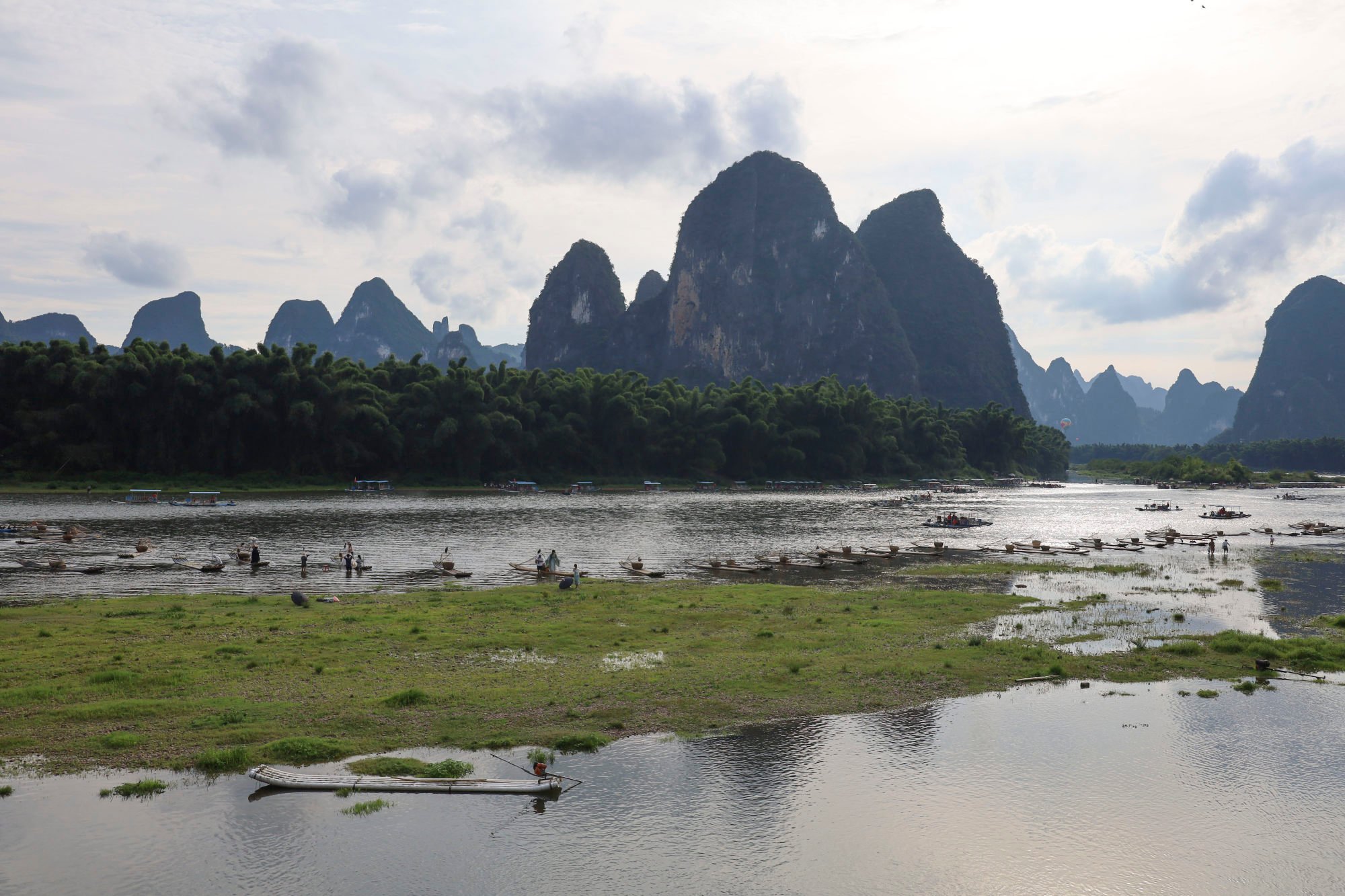
While many – including Cherry Su, from Guangdong province, owner of Shadow Guesthouse, where I’m staying – are busy reorienting their businesses to suit local mores, Spencer remains cautiously optimistic as far as inbound tourism goes.
“There have always been bumps and upticks. Inbound tourism was sort of declining before Covid anyway. But China is still relatively undiscovered compared to a lot of places.
“The real adventurous travellers, I don’t think they are going to be too put off. Niche categories, like us, will be OK; it’s just going to be a slow, slow burn.”
Forget cheap massages: 3 fun things to see and do in Shenzhen
Forget cheap massages: 3 fun things to see and do in Shenzhen
“They say China has opened up but because of the difficulty getting visas, many won’t come here. It’s just much more convenient to go to Southeast Asia these days,” he notes of neighbouring countries that offer visa-on-arrival schemes.
It will be interesting to see what’s next for Yangshuo, which has often been a weathervane pointing to where the winds of travel are blowing since it emerged from obscurity as a place for wanderers to crash in the 1990s.

